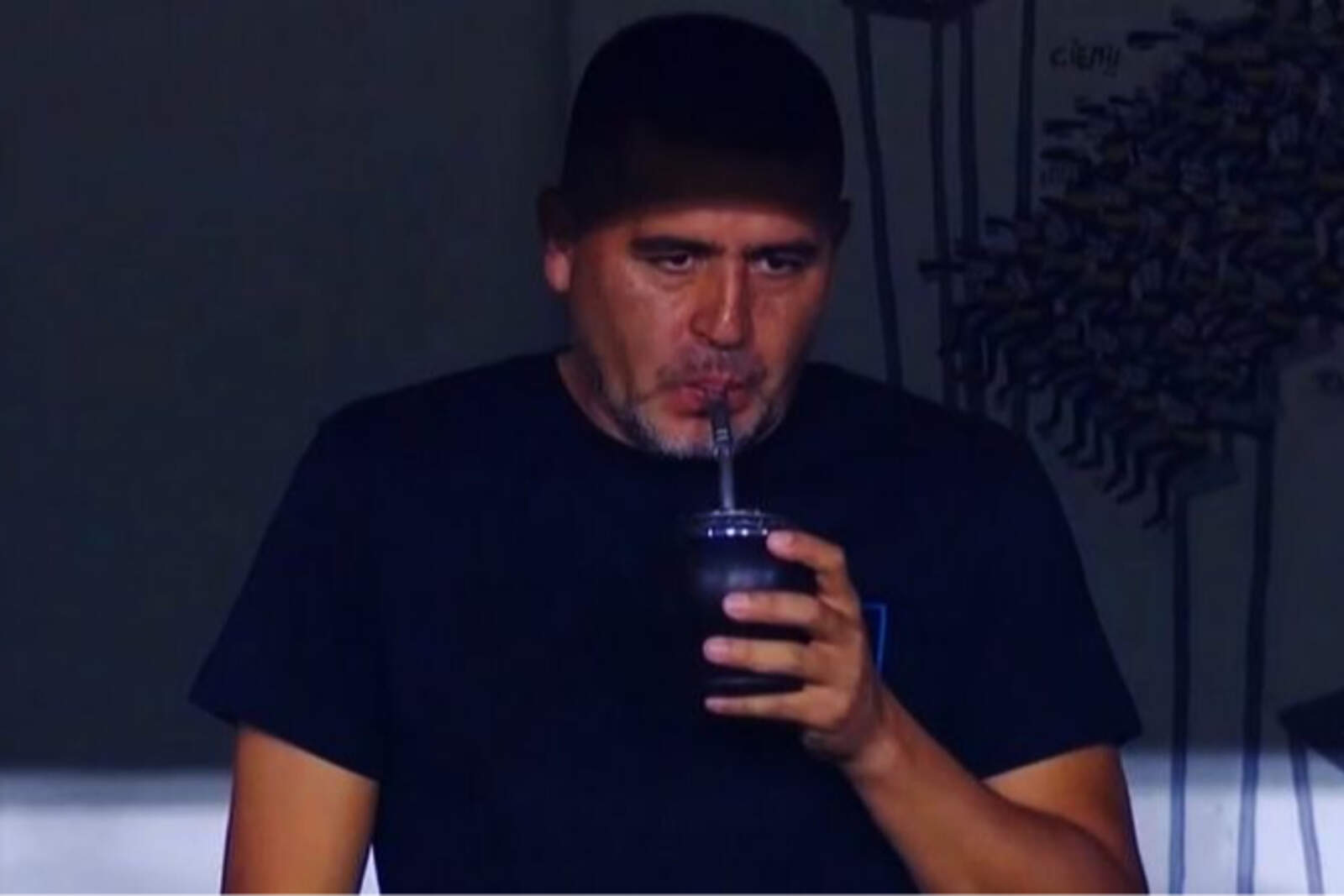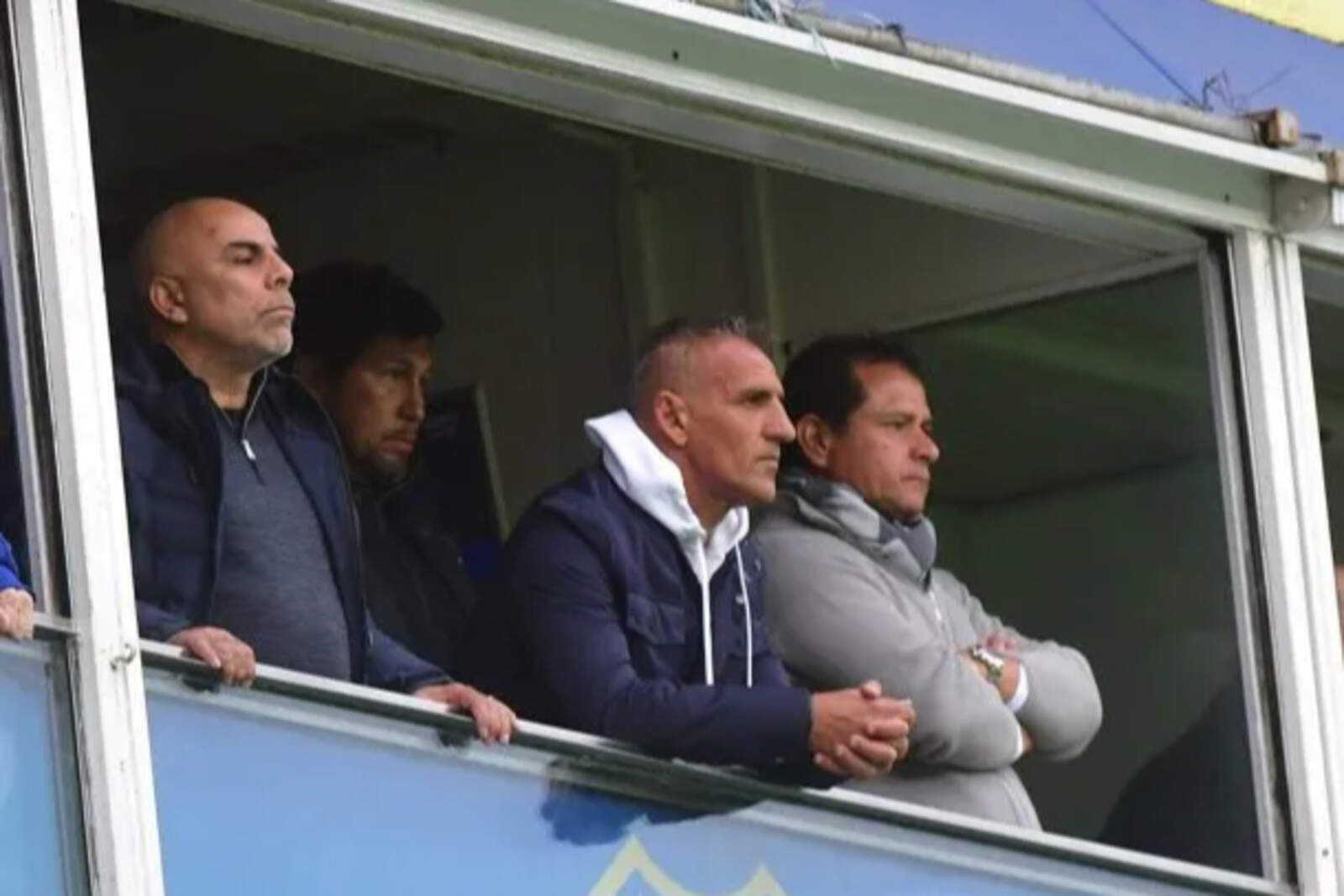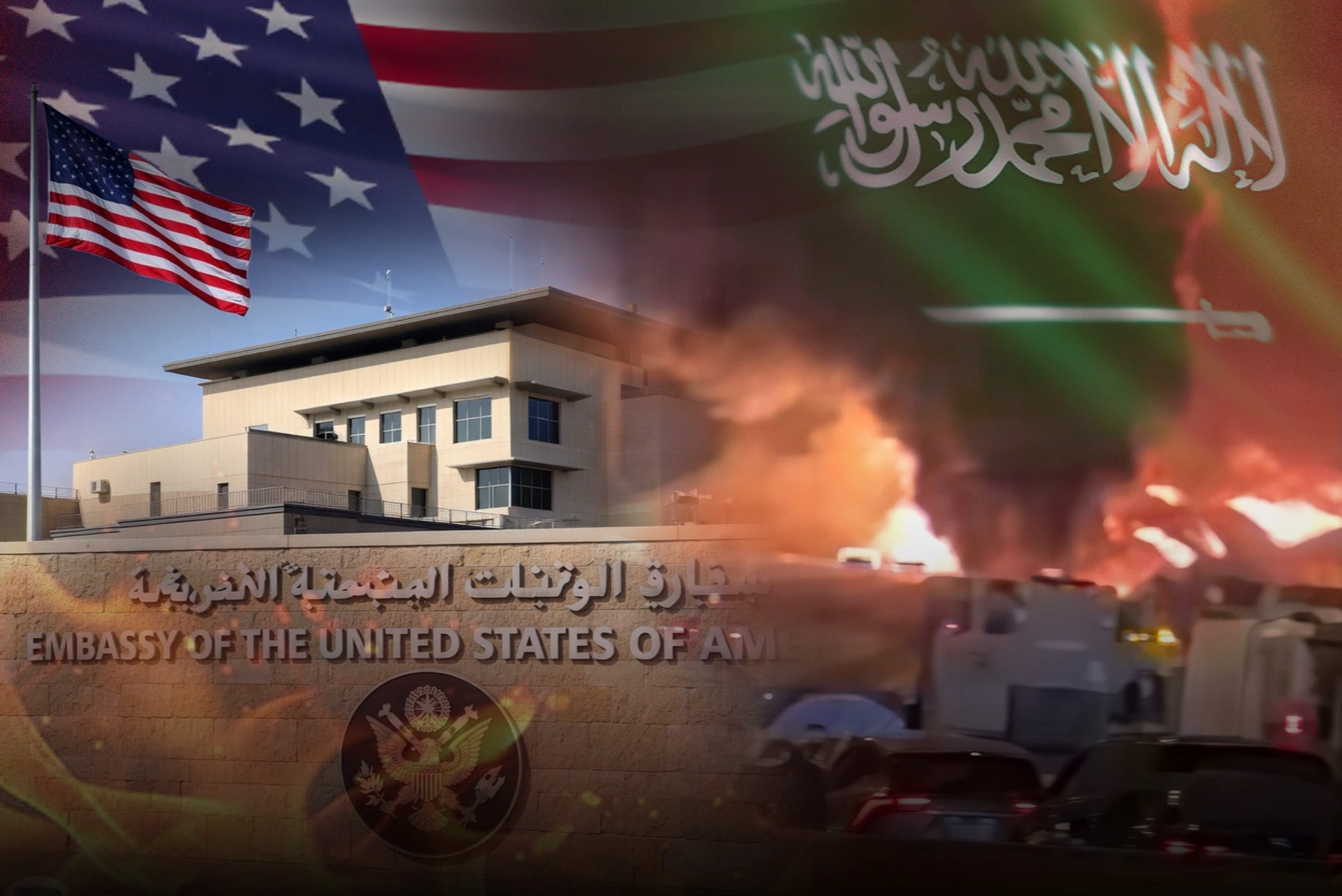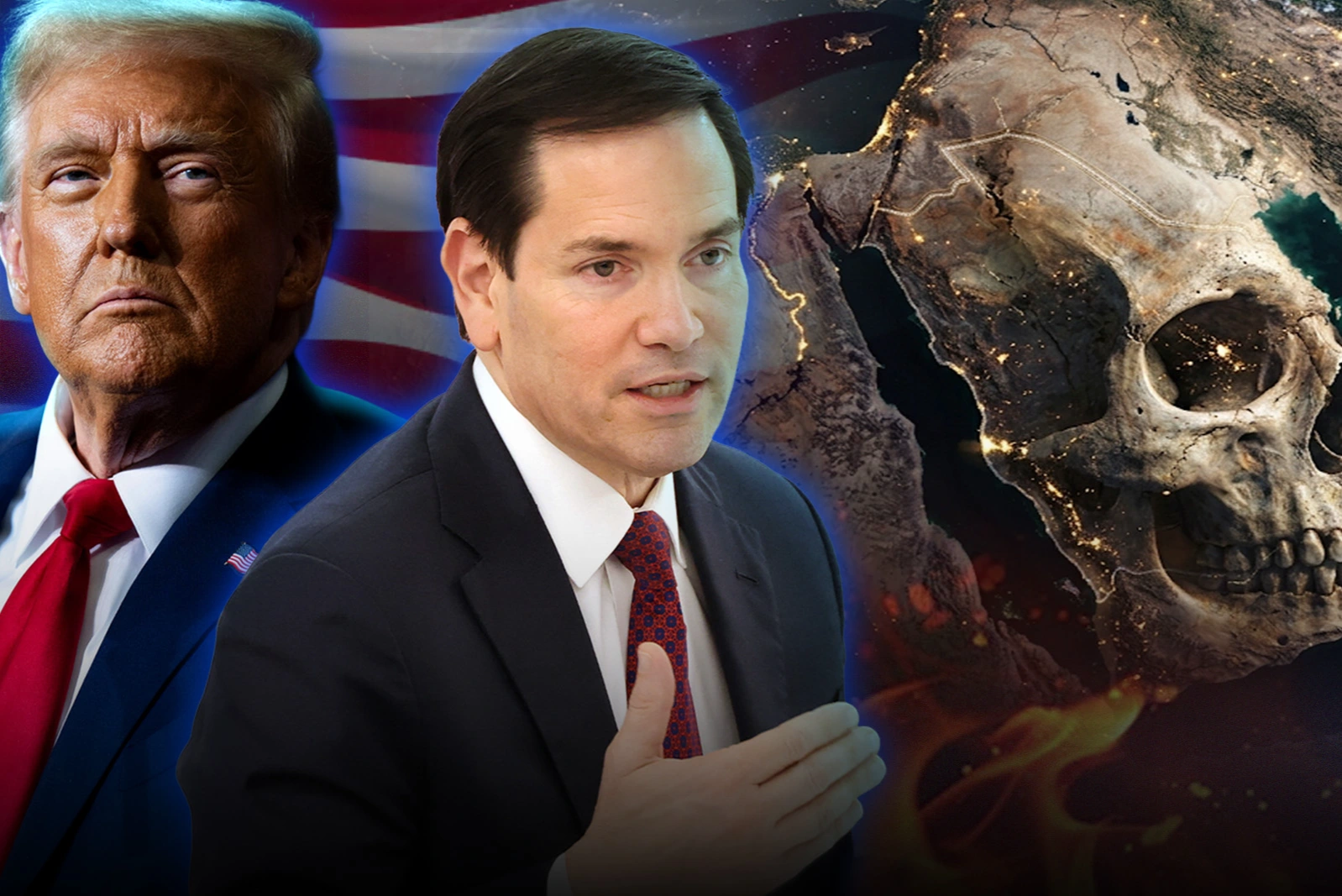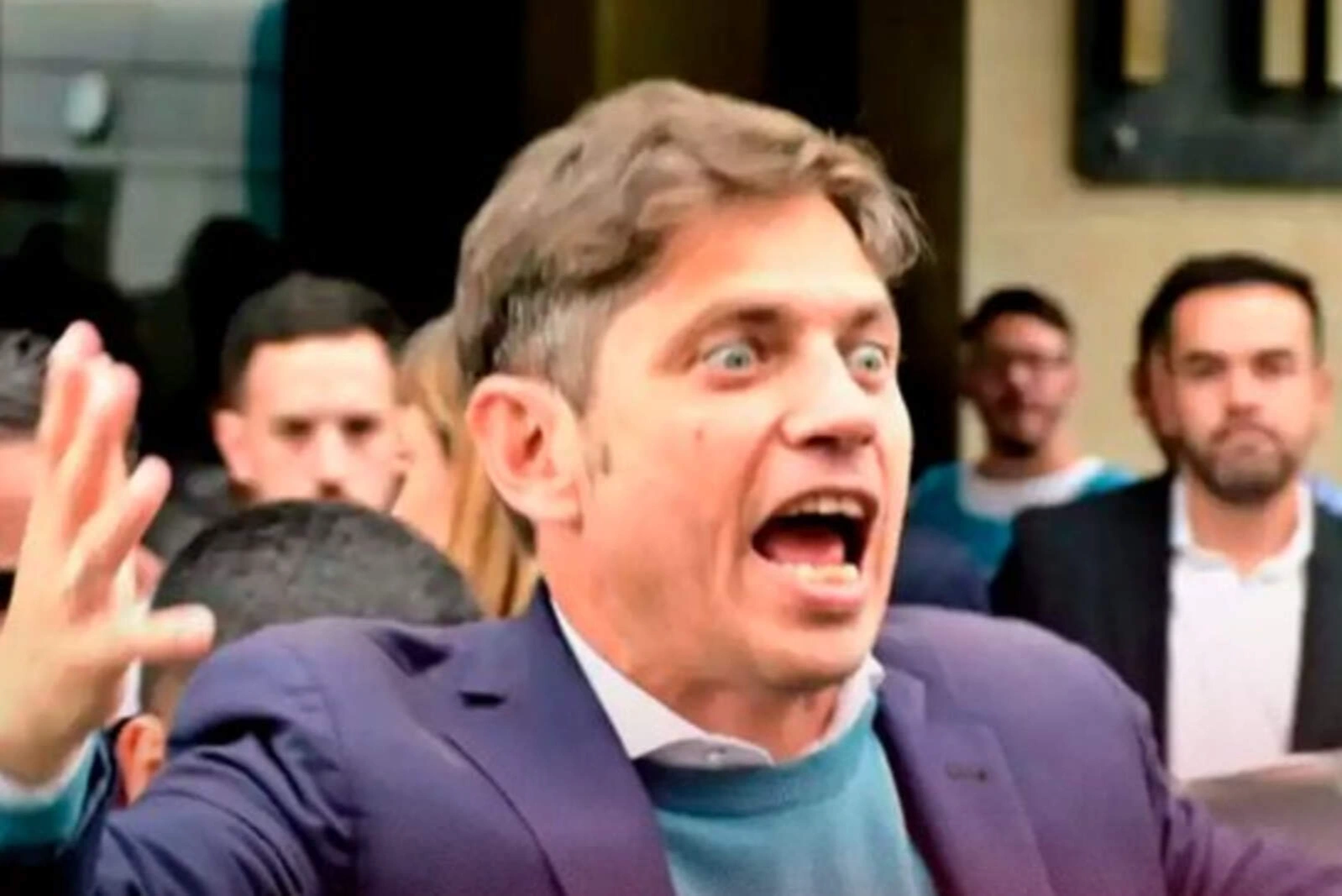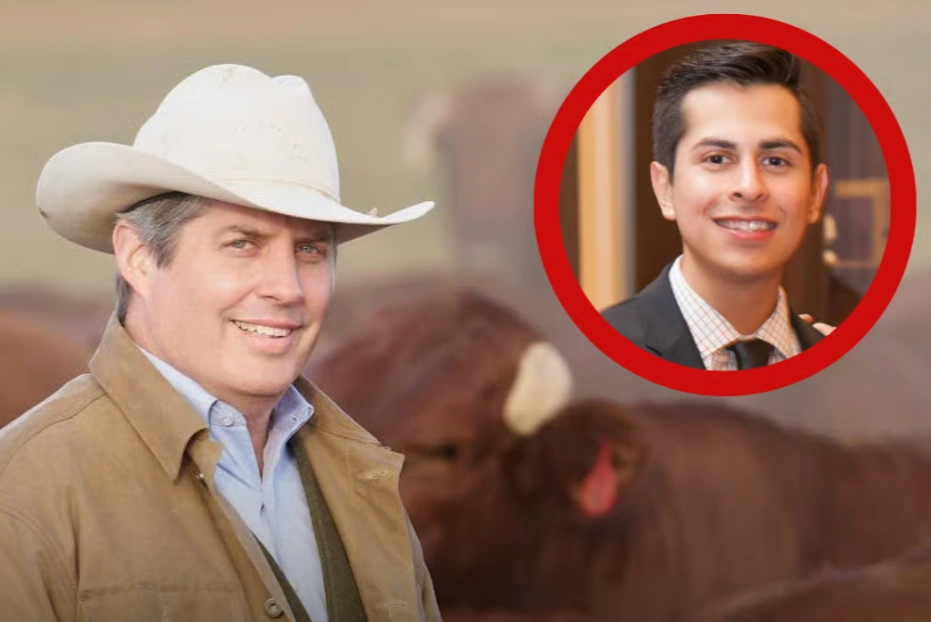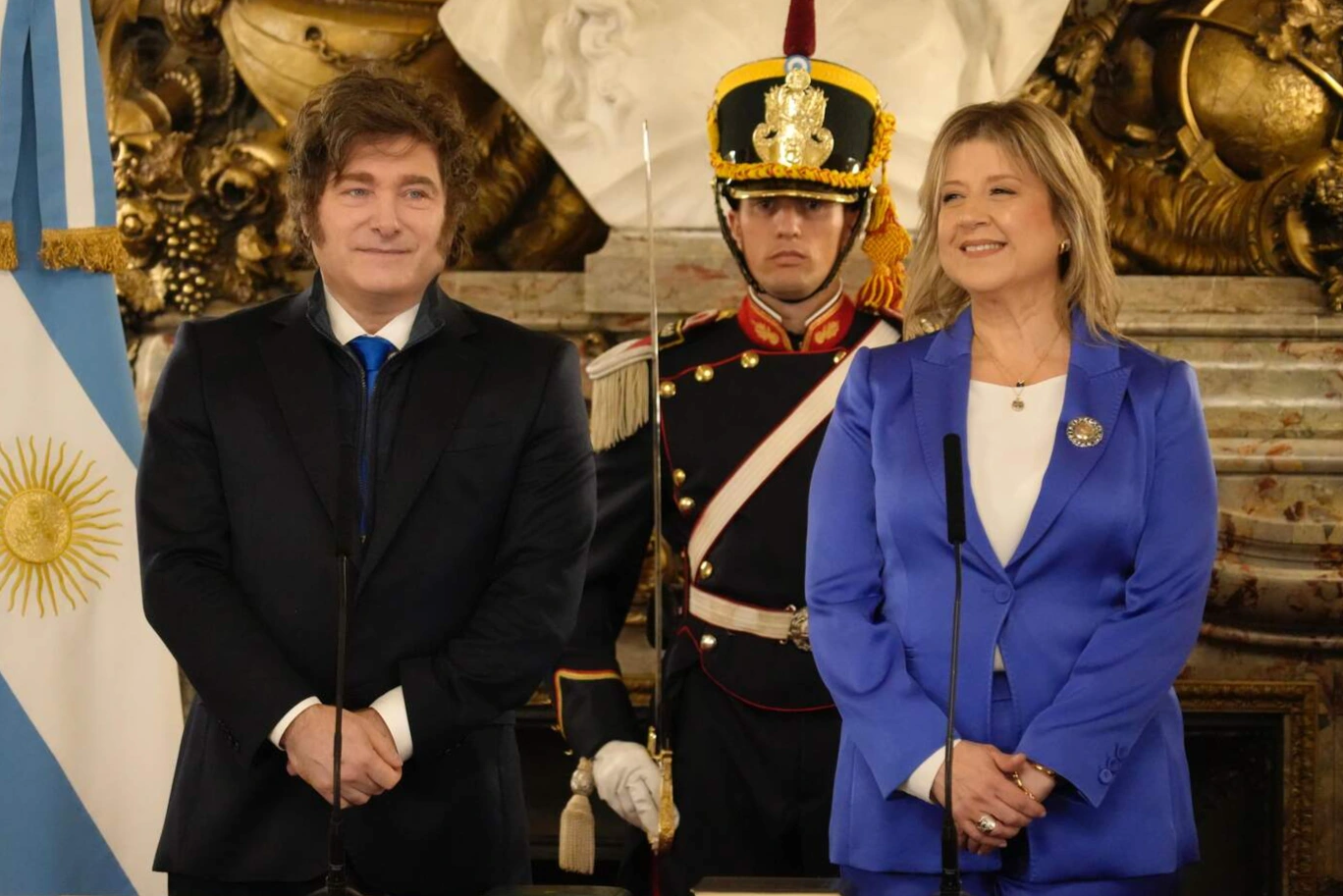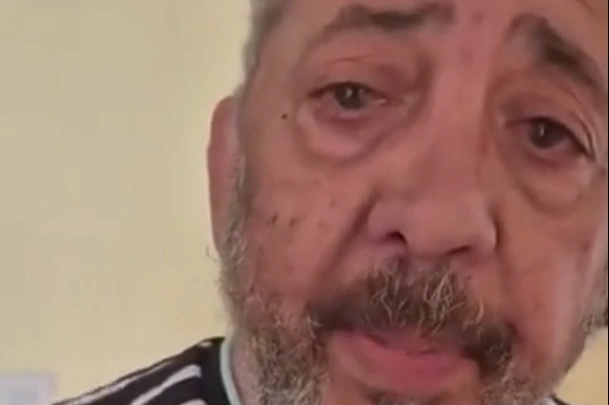April 19, 2025. That was the date of Boca Juniors' last official victory. A 2-0 win over Estudiantes de La Plata at La Bombonera with goals from Palacios and Merentiel. Since then, 102 days, 11 matches, and a winless streak have passed, which is now the worst run in the club's more than 120-year history.
Under the management of Miguel Ángel Russo and the sporting direction of Juan Román Riquelme, Xeneize entered a downward spiral that continues to deepen with no reaction in sight.
But, what was the world like on that April 19? What things had not yet happened in Argentina and around the globe? The review highlights not only the passage of time but also the sporting and political stagnation of a club mired in a deep crisis.
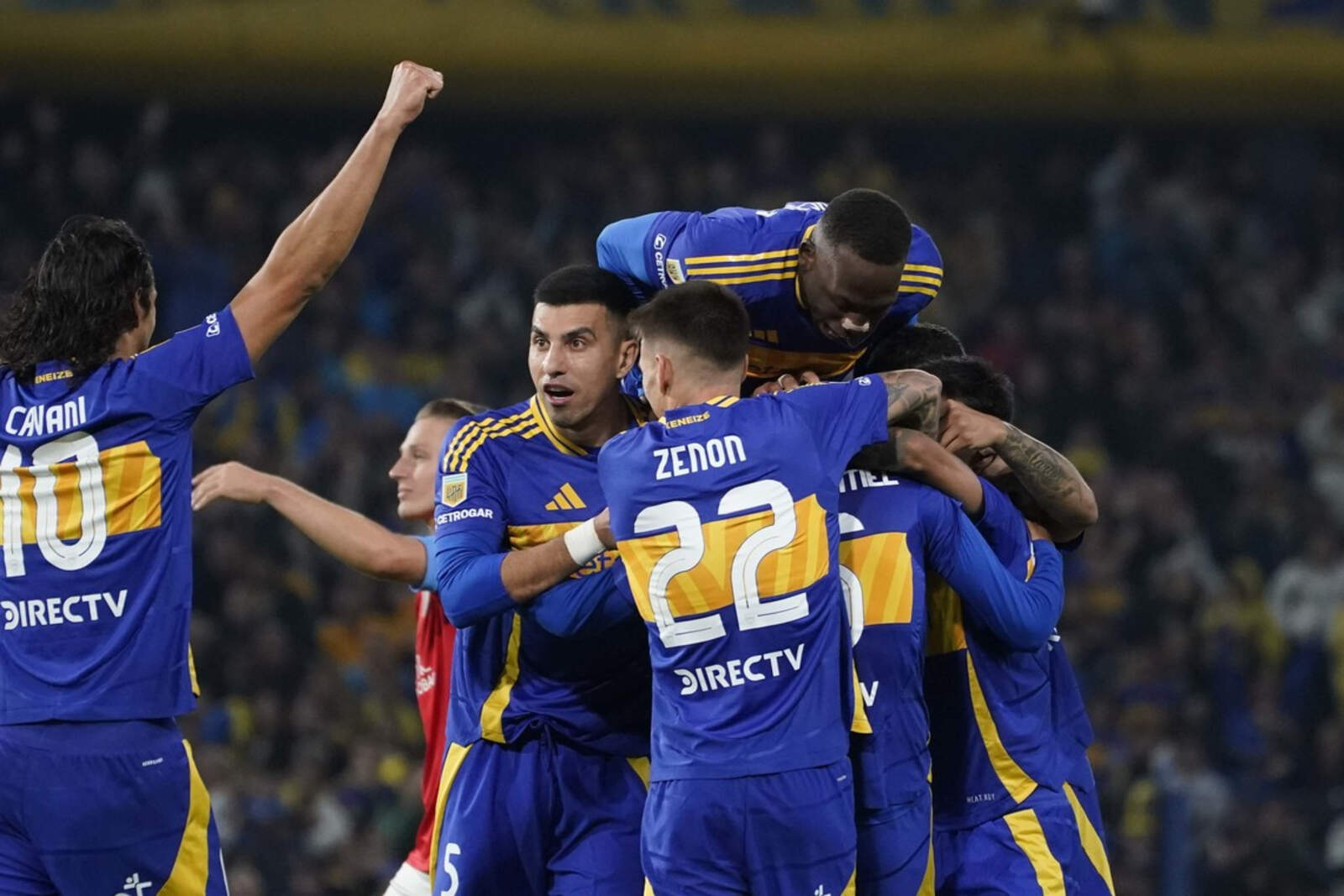
In sports, Fernando Gago was still Boca's head coach, and his tenure was quietly coming to an end. Miguel Ángel Russo was still San Lorenzo's head coach. In Europe, Leandro Paredes was playing for Roma and Harry Kane had not won any titles. PSG was still dreaming of its first Champions League, and Mastantuono was still playing for River, without having scored the memorable free-kick goal in the Superclásico at the Monumental. Vélez was still the reigning champion of Argentine football and Boca had concrete aspirations of qualifying for the Copa Libertadores. Today, those chances are almost nonexistent.
At the institutional level, the Football Council was still complete. Raúl Cascini, Chicho Serna, and Jorge Bermúdez were still active officials. The internal breakdown scandal and the subsequent purge ordered by Riquelme had not yet occurred. The MorettiGate scandal, in which the president of San Lorenzo was recorded receiving bribes of $25,000, had not yet erupted. Much less had the sexual chats between Juan Román Riquelme's brother and a woman been leaked, material that would give rise to the media scandal known as "Chanchigate", and that would expose the public scrutiny and the personalist management of the club's leadership circle.

